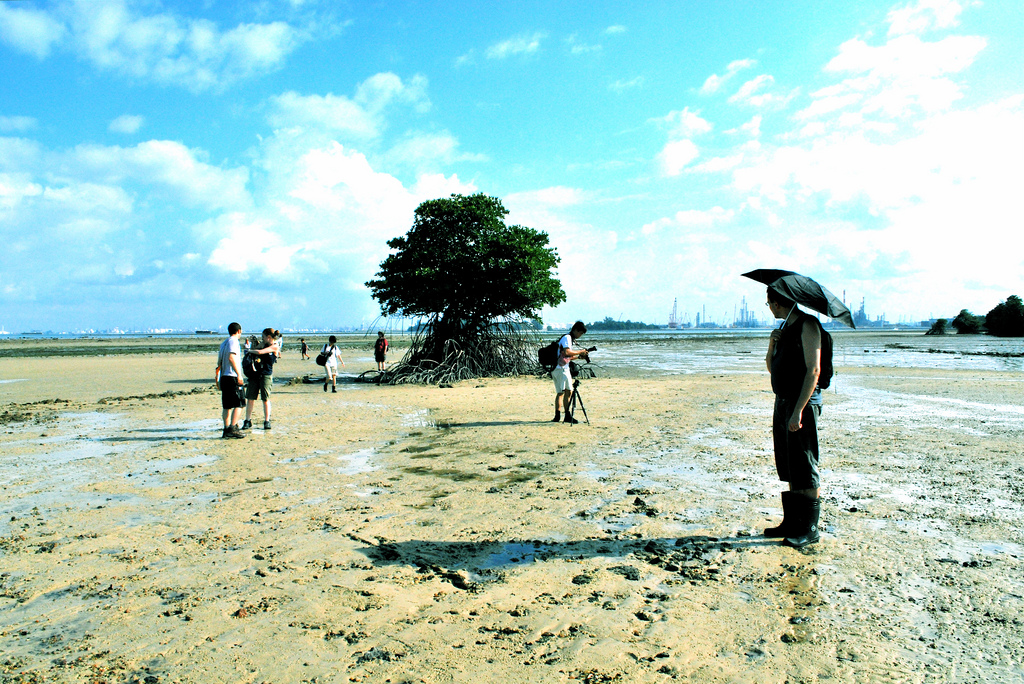Coastal Ecosystems Crucial in Mitigating Carbon Emissions
December 4, 2018

Some may think that reducing carbon emissions only has to do with restricting fossil fuel usage, but there is more to the story. Cutting down on fossil fuels does indeed play a huge role in lowering carbon emissions. However, researchers from the NUS Department of Geography have found that coastal vegetation, including mangroves and salt marshes, are crucial in mitigating carbon emissions. These ecosystems have the ability to accumulate carbon in the soil around it and hence, are more effective in reducing carbon emissions, especially in coastal regions.
In Malaysia and Indonesia, mangroves have the potential to make a significant difference in reducing carbon emissions. Assistant Professor Massimo Lupascu underlines the ability of mangroves to mitigate up to 2.6 percent of man-made carbon emissions in Indonesia and 1.6 percent in Malaysia. The research reveals a pressing need to conserve and restore such coastal ecosystems as a crucial effort to combat climate change. Associate Professor Daniel Friess notes that mangrove restoration is not difficult. He is optimistic that in only a few years, mangroves can be expanded and will be able to soak up more carbon.
Read more here.
